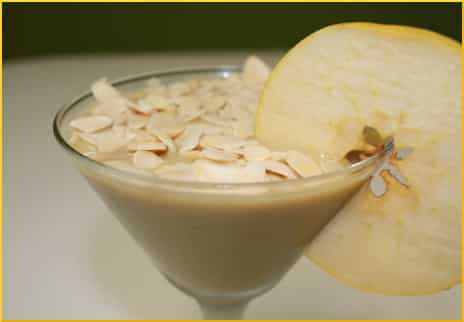
Lately, Childhood Obesity News has been connecting the dots between scattered bits of evidence about the role of the gut microbiome in obesity or the absence thereof. In his Psychology Today column titled “Obesely Speaking,” Billi Gordon, Ph.D., reflected on the power of food cravings.
Why do we seek out and consume foods we know are bad for us? He blames this unfortunate tendency on the “micro-thugs,” the populations of bacteria that live inside us and pretty much call the shots — in other words, the residents of the microbiome.
Sure, the gut fauna perform a lot of beneficial services for us. But their essential nature, Gordon argues, is straight outta Compton. He calls them “microscopic thugs that hijack our bodies and behaviors for personal gain.” They do this by creating cravings, to encourage us to eat the things they like, and, if necessary, they will manipulate our moods to achieve this goal.
The bugs even convince us to eat the things that will destroy their fellow bacteria that are competing for space and resources. Killing for turf — how gangster is that?
Shockingly, gut microbes have the ability to rewire our reward systems, and even mess with our taste receptors. Gordon says:
Taste buds exist to detect toxins and identify nutrient value. Hence, altering taste buds results in changed eating behaviors, cravings, and conceivably reward values of food because dopamine is involved in the rewarding aspects of taste, which evolution uses to ensure we seek proper nutrients.
Intuitively, it makes sense that the gut bugs could cause cravings. They are in the position of hotel guests who can’t leave. All they can do is call for room service. In their primal yet effective way, they connive do what’s necessary to get what they want put on the tray and delivered to their door.
Do micro-thugs make us fat?
It has long been part of folklore that pregnant women who experience cravings are actually acting out the body’s very real need for potassium, protein, or some other constituent element of the food they feel a strong desire for. A non-pregnant person can also experience the need for a certain food, so strongly that from outside it looks like a mental disorder. What might actually be happening is that a certain clan of microbes are sending out chemical signals demanding whatever it is that they want.
Dr. Pretlow notes that it is productive to learn techniques to quell cravings, regardless of the cause of the cravings. With the help of, for instance, W8Loss2Go, we are entirely capable of learning methods to control and quell cravings. If the ornery bugs don’t get what they want, perhaps they die off and make room for more peaceful and cooperative bugs. So, for a person to learn techniques for craving resistance is totally helpful — bugs or no bugs.
Diet can definitely reshape the gut microbiome, but apparently not in such a crudely direct manner as we might wish. Apparently, just the fact of eating spoonfuls of yogurt, even the brands with the best live culture count, is not the whole story. The secret is in supplying the existing bugs with probiotics, the right raw materials for them to survive and thrive.
Is this how it works? If we can convince ourselves to eat leeks instead of potato chips, it would make sense that doing so would cultivate more leek-loving bugs and suppress the population of grease-loving bugs. A lot of different things can be true, valid, useful, etc., but maybe not for the exact reasons that people have been assuming.
It’s incontestable that diet and exercise make a difference in people’s health — but maybe not for the blatantly obvious reason of energy exchange or “calories in — calories out.” More subtle mechanisms seem to be at work also. Maybe diet and exercise are both incredibly important, but indirectly.
Concerning both diet and exercise, maybe the influence is wielded through the bugs, encouraging some and restraining others. Then it just might be that the messages the bugs send out, that influence the metabolism, are the indirect means of healing the mind and emotions. In this roundabout way, a person could arrive at the happy condition of using food for nutrition, rather than whatever compensatory reward they have previously been using food for.
Your responses and feedback are welcome!
Source: “A Hijacked Brain and a Tongue Held Hostage,” PsychologyToday.com, 08/07/14
Photo credit: VegaTeam via Visualhunt.com/CC BY

 FAQs and Media Requests:
FAQs and Media Requests: 











